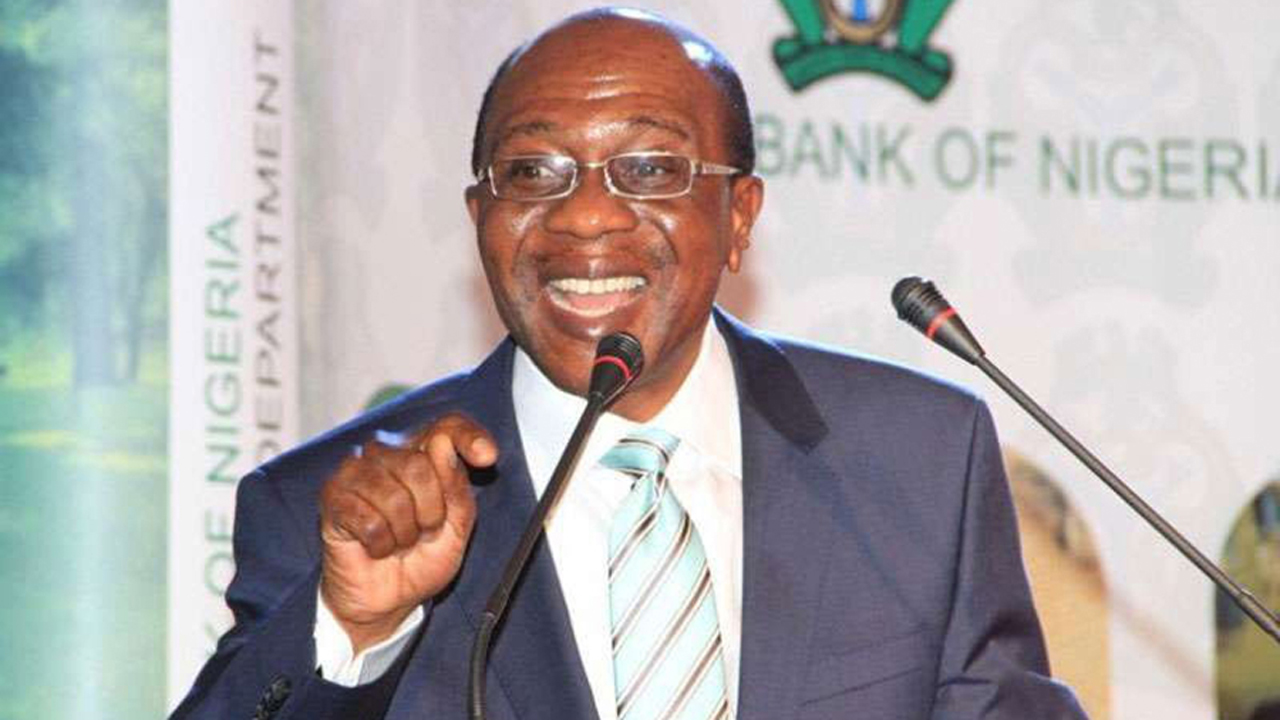The Central Bank of Nigeria (CBN) has unveiled seven key policies and products that will aid the realization of 95 per cent financial inclusion in Nigeria by 2024.
The policies, include, the revised National Financial Inclusion Strategy (3.0), the Strategy for Leveraging Agent Networks for Women’s Financial Inclusion, the National Fintech Strategy, the Payment System Vision (PSV) 2025, the Nigeria Financial Services Maps, the CBN Regulatory Sandbox and a Fintech Bridge between the Central Bank of Nigeria and the Central Bank of Egypt.
A statement released by the apex bank, said the 2022 International Financial Inclusion Conference organized by the CBN and its partners within the financial inclusion governance committees themed: “Financial Inclusion for all: Scaling Innovative Digital Models” had in attendance over 5000 participants from at least 78 countries around the world.
The Deputy Governor, Financial System Stability, CBN, Mrs. Aishah Ahmad, observed that the conference came at a critical time in Nigeria’s financial inclusion journey and stressed the role of policymaking in advancing financial inclusion in Nigeria.
READ ALSO: CBN lists reasons for Naira’s struggle against Dollar
She said: “Nigeria is indeed at an important tipping point for financial inclusion. At no time has there been a prevalence of an enabling regulatory environment, proliferation of digital technology, innovation and collaborative platforms between the public and private sector – all strategic levers required to scale financial inclusion in Nigeria.”
Speaking, the United Nations Secretary-General Special Advocate (UNSGSA) on Inclusive Finance, Queen Maxima of the Netherlands, highlighted the role to be played by the new National Financial Inclusion Strategy in providing a genuine chance for improving livelihoods, such as strategies leveraging the National Insurance Number, Bank Verification Number amongst other policies.
The statement recalled that the CBN Governor, Godwin Emefiele who chairs the National Financial Inclusion Steering Committee pointed out that since 2012 to date, over 59 policies and initiatives have been implemented by stakeholders to achieve the objectives of financial inclusion in the country and these policies and initiatives cut across the banking sector, the insurance sector, the capital market sector and the institutions responsible for infrastructural development for financial inclusion in Nigeria.
Emefiele noted that the apex bank has prioritized financial inclusion through its invention for over four million smallholder farmers and SMEs creating over two million jobs adding that the CBN aims to achieve 95% rate of financial inclusion in Nigeria by the end of 2024.

 Health5 days ago
Health5 days ago
 Entertainment1 week ago
Entertainment1 week ago
 Crime6 days ago
Crime6 days ago
 Education1 week ago
Education1 week ago
 Health1 week ago
Health1 week ago
 Comments and Issues7 days ago
Comments and Issues7 days ago
 Football7 days ago
Football7 days ago
 Latest6 days ago
Latest6 days ago

